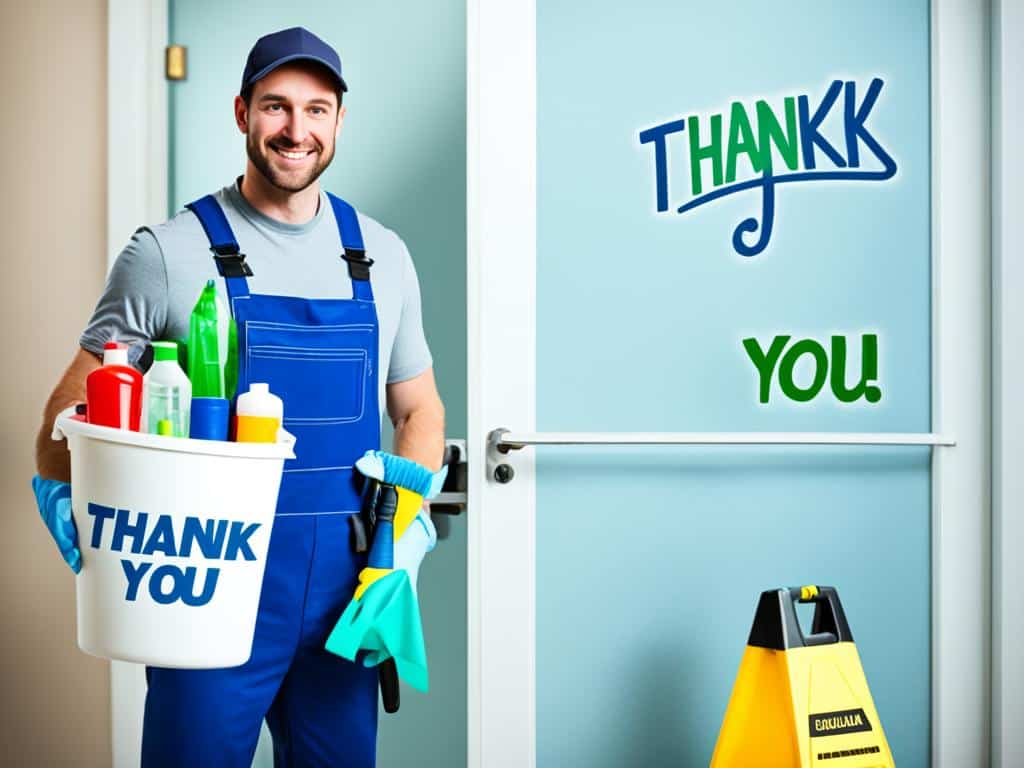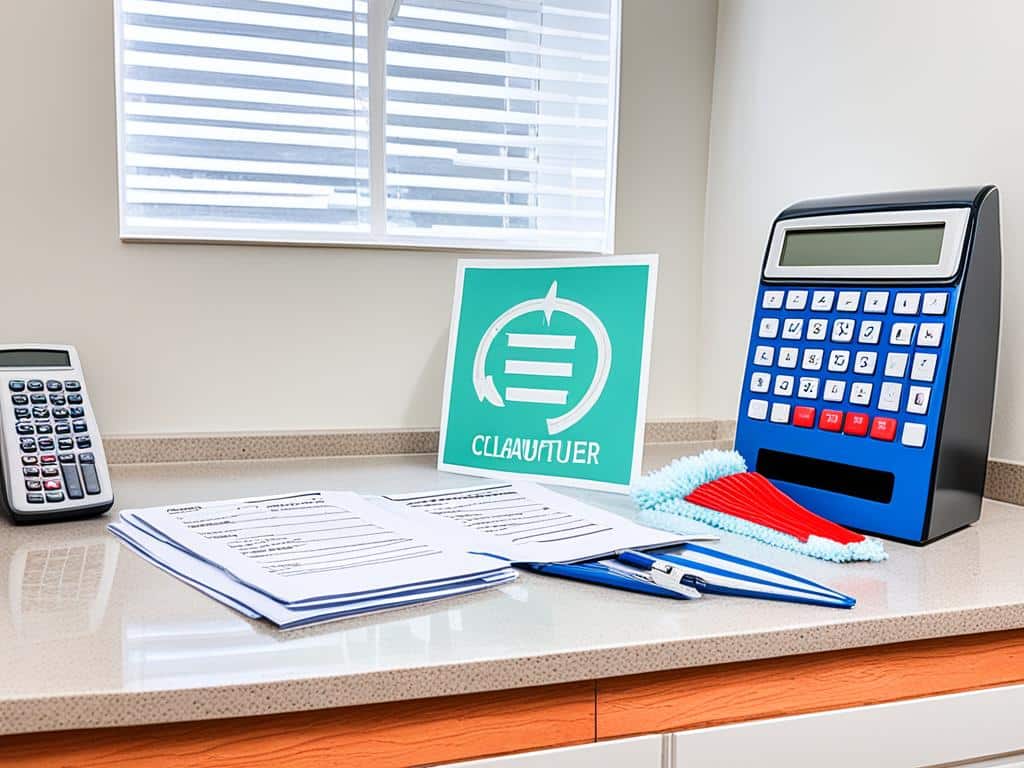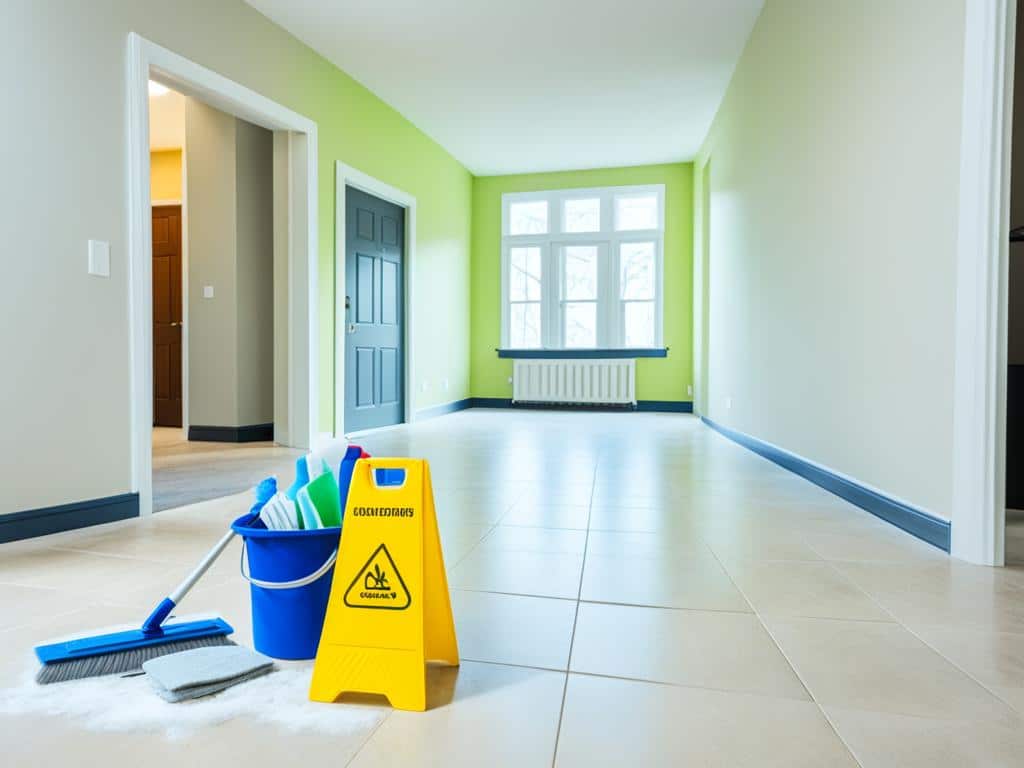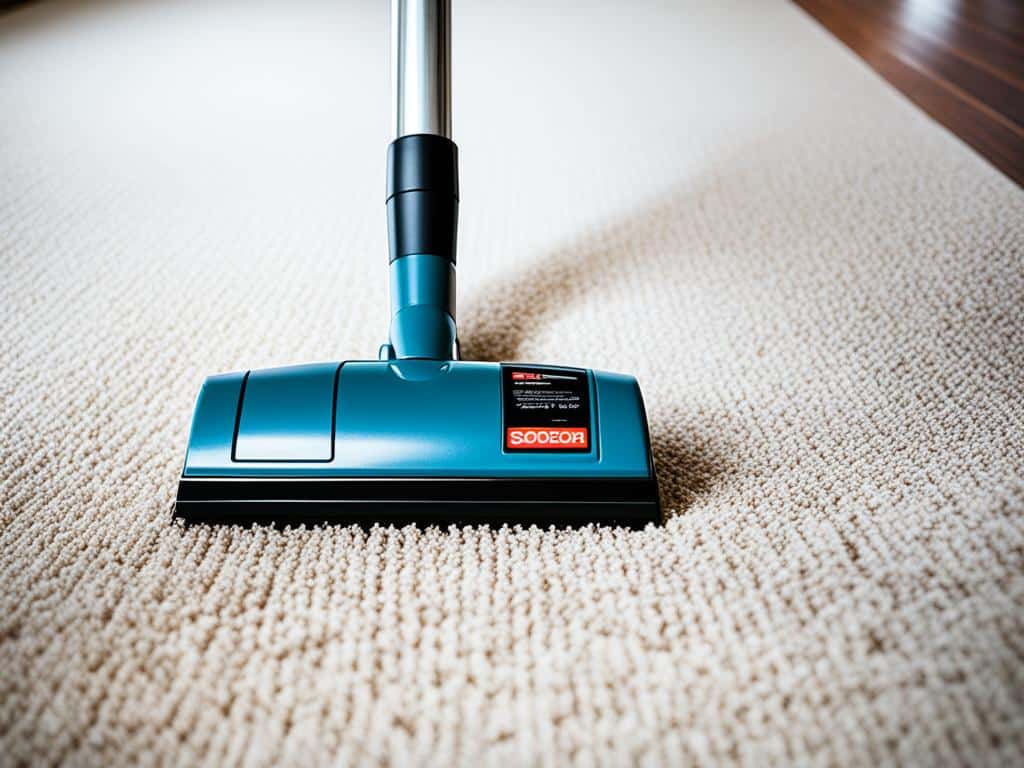
When your carpet sparkles after a professional cleaning, do you ever wonder if tipping is part of the deal?
Understanding the tipping etiquette for services like carpet cleaning gratuity can be a bit tricky. This customary act of appreciation varies greatly across different industries and regions. So, how do you decide what’s fair and meaningful for your carpet cleaner?
According to the Internal Revenue Service, gratuity guidelines are pretty flexible. It’s an expression of thanks but not a mandatory rule. Meanwhile, The American Etiquette and Manners Society suggests tipping within the home cleaning industry often depends on the specific circumstances of the job.
Consumer reports indicate that spending habits in home services show a mix of gratuity practices. Some folks tip generously, while others choose alternative methods to show appreciation. This creates a unique dynamic where financial gestures can significantly impact service quality and satisfaction.
Considering these nuances, should you tip your carpet cleaner? Let’s explore deeper to make an informed decision that aligns with your values and appreciation for quality service.
Understanding Gratuity Etiquette for Services
In the world of service gratuity, understanding the nuances of tipping customs is essential. Tipping etiquette isn’t just about leaving a financial token; it’s a way of appreciating service providers.
What is Gratuity?
Gratuity is a voluntary financial gift given in addition to the stated service cost. You might know it better as a tip. It’s a way of thanking someone for their service. Ensuring you’re familiar with common tipping customs helps you show gratitude appropriately.
Why Tipping Matters
Tipping has deep historical and cultural roots in the United States. It plays a vital role in many service industries. For workers in service-based occupations, tips contribute significantly to their income, often making up a large part of their earnings. This practice impacts both the social and economic dynamics of service jobs.
By appreciating service providers through gratuity, you not only recognize their efforts but also contribute positively to their financial well-being. Understanding and adhering to correct tipping customs benefits everyone involved.
When to Tip Your Carpet Cleaner
When it comes to tipping your carpet cleaner, there are several occasions and considerations to keep in mind. Tipping protocol can often seem uncertain, but knowing when to show appreciation helps foster positive client-service provider relationships.
Occasions for Tipping
Consider tipping after a particularly challenging or successful job. If your carpet cleaner tackles tough stains or manages a large area meticulously, it’s a good time to provide a reward for quality service. Occasions like the start of a holiday season or completing an annual clean are often appropriate times to show your gratitude.
Service Quality Considerations
The quality and extent of the service provided can also influence tipping decisions. If your carpet cleaner goes above and beyond expectations, consider offering a tip. High-quality and personalized service justify a financial acknowledgment as per the tipping protocol. Ultimately, rewarding exceptional carpet cleaning service is at your discretion but reinforces a mutually beneficial relationship.
Let’s look at some factors that might affect tipping decisions based on service quality:
| Service Quality | Tipping Scenario |
|---|---|
| Standard Cleaning | Optional tipping based on satisfaction |
| Thorough Deep Cleaning | Recommended tipping for extended effort |
| Stain Removal | Suggested tipping for delicate tasks |
| Large Area Service | Encouraged tipping for handling volume |
By considering these factors and following a thoughtful tipping protocol, you can ensure that your carpet cleaning service is recognized and appreciated for exceptional work.
Do You Tip Carpet Cleaner
When deciding how much to tip your carpet cleaner, consider their efforts and service quality. Knowing typical tipping amounts can help.
Typical Tipping Amounts
Standard tipping for carpet cleaners usually falls between 10 to 20 percent of the service cost. This varies based on the difficulty and size of the job. Sometimes, a flat rate of $10-$20 is deemed appropriate, especially for smaller tasks. Always consider your budget and satisfaction level.
Tipping can positively impact the service quality and foster appreciation. Encouraging good service through timely gratuity can lead to even better experiences in the future.
Alternative Ways to Show Appreciation
Sometimes, tipping isn’t feasible. In such cases, consider expressing gratitude through other means. You can write a positive review on their website or offer referrals to friends. Simple gestures of appreciation can go a long way in showing your gratitude.
Here’s a breakdown of typical tipping amounts:
| Service Type | Tipping Amount |
|---|---|
| Standard Cleaning | 10-15% |
| Deep Cleaning | 15-20% |
| Smaller Tasks | Flat $10-$20 |
Remember, expressing gratitude can be straightforward. Whether through monetary tips or kind gestures, acknowledging the service can make a difference. Tailor your approach to what feels right for you and the service provided.
Regional Tipping Practices in the United States
When it comes to tipping in the United States, there’s a fascinating variety in practices depending on which part of the country you’re in. Understanding these regional tipping differences can help ensure you follow the appropriate localized tipping etiquette during your travels.

East Coast Customs
In the bustling East Coast, tipping often reflects the region’s fast-paced lifestyle and higher cost of living. Here, U.S. tipping habits typically lean towards the generous side, with tips commonly ranging from 15% to 20% of the service cost. This practice underscores the region’s cultural appreciation for high-quality service.
West Coast Customs
Over on the West Coast, tipping customs tend to be slightly more relaxed yet still generous. This region embraces a laid-back vibe, but the standard tipping rate usually also hovers around 15%. Factors such as eco-awareness and diverse cultural influences can impact localized tipping etiquette in unique ways on the West Coast.
Midwest Customs
In the heart of the Midwest, tipping practices reflect the region’s down-to-earth and community-oriented values. While not as high as the East Coast, the Midwest maintains a steady tipping habit, with 10% to 15% often being customary. U.S. tipping habits here are shaped by a blend of modest living expenses and strong communal ties.
Pros and Cons of Tipping Carpet Cleaners
When considering whether to tip your carpet cleaner, it’s important to weigh the tipping advantages against the potential consequences. Let’s break this down further.
Advantages
Tipping carpet cleaners can boost worker morale significantly. A tip often serves as an acknowledgment of a job well done, leading to increased motivation. This, in turn, can incentivize high-quality service, ensuring you receive top-notch work each time.
Additionally, tipping can foster goodwill between you and your service provider, creating a more positive and cooperative relationship. This gesture of appreciation can make both parties feel valued and respected.
Disadvantages
On the other side, tipping can occasionally result in wage discrepancies among service providers. Some workers may become overly reliant on tips as part of their income, leading to inconsistencies in their overall earnings.
There are also broader implications to consider. Tipping consequences might include an unfair distribution of compensation, which can affect overall worker satisfaction and job stability. This reliance on tips may pressure the customer more than desired.
Ultimately, understanding these points helps you make informed decisions regarding tipping and its impact on service industry compensation:
| Pros | Cons |
|---|---|
| Boosts worker morale | Creates wage discrepancies |
| Incentivizes high-quality service | Relies heavily on customer generosity |
| Fosters goodwill | Can lead to income inconsistencies |
Other Ways to Show Appreciation
Showing gratitude doesn’t always have to be about tipping. You can offer non-monetary appreciation through small, thoughtful gestures. Providing refreshments during their visit can make a big difference. Imagine offering a cold drink or a snack while they work hard cleaning your carpets.
Verbal praise can also go a long way. Simply taking a moment to express your satisfaction and thank them for their hard work can lift their spirits. This form of showing gratitude is often as impactful as monetary tips. Service workers thrive on knowing their efforts are recognized and valued.
Another great way to support service workers is by leaving an online review. Writing a positive testimonial on platforms like Yelp or Google can help them gain new clients and grow their business. For many, these reviews are invaluable forms of non-monetary appreciation.
Engaging in these simple acts of kindness not only strengthens your relationship with service providers but also motivates them to continue delivering high-quality service. By showing gratitude, you help create a pleasant and supportive environment for everyone involved.
Common Misconceptions About Tipping
Many people have some common misconceptions about tipping that need clarification. It’s important to understand these to navigate gratuity expectations properly.
Misconception 1: Tipping is Always Required
One of the biggest tipping myths is that you must tip every time. In reality, tipping requirements vary by industry and personal discretion plays a significant role. Gratuity is often seen as a reward for exceptional service rather than a mandatory addition.
Misconception 2: Tipping Must Be Cash Only
Another common myth is that tips should always be given in cash. While cash is traditional, many service providers now accept digital tips. This includes services like PayPal, Venmo, and credit card tips. This evolution fits into the broader shift towards digital payments and offers convenient options for expressing your gratuity expectations.
Being well-informed about these common misconceptions helps in setting accurate tipping requirements and making the tipping process more transparent and enjoyable for both customers and service providers.
Conclusion
Deciding to tip your carpet cleaner comes down to personal discretion. Take into account the quality of service, regional norms, and your values. Tipping can be a form of gratitude, but it’s not the only way to show appreciation. Understanding these nuances helps you make an informed decision about gratuity.
Consider the positive impact of your tip on the service provider. Quality service deserves recognition, and tipping can boost morale. Alternatively, thoughtful gestures or positive reviews can also convey your appreciation effectively. Gratuity conclusions should reflect what feels right and fair to you.
Ultimately, tipping is a personal choice influenced by various factors. Always be aware of the context in which you’re tipping. We hope this guide helps you navigate the tipping landscape with confidence and grace. Your decision to show appreciation, whether through tips or other methods, is always valued.



